About
WPI is the business school for engineers, scientists, and change makers.
WPI's Business School works at the cross-section of business, innovation, STEM, and society. Students at The Business School at WPI acquire a transformative skillset that they can't find anywhere else.
Location: Washburn 215
Vision
Bridging business and technology to develop globally responsible leaders who shape the world.
Mission
The WPI Business School develops adaptive leaders who create sustainable solutions, deliver globally responsible impact, and conduct transformative research at the intersection of business, technology, and people.
best graduate business school
return on investment for business and management majors at WPI (after completion adjustment)
best online MBA program in the U.S.
best undergraduate business program
Accreditation
WPI is one of about five percent of business schools accredited by the Association to Advance Collegiate Schools of Business (AACSB). Its mission is to advance quality management education worldwide through accreditation, thought leadership, and value-added services. It’s regarded as the benchmark for business school quality among the academic community. WPI is amongst only 5 percent of the estimated number of schools offering business degrees worldwide.
The BS in Industrial Engineering is accredited by the Accreditation Board for Engineering and Technology, Inc., (ABET). It is the recognized U.S. accreditor of college and university programs in applied science, computing, engineering, and technology.
Social Responsibility
The WPI Business School follows the Principles for Responsible Management Education (PRME). Read the PRME Report (PDF).
WPI Impact Report
The WPI Impact Report for 2018 is available here as a PDF.
Our Faculty
See All


I have been practicing law for 37 years with a concentration in corporate, business and healthcare law. I have been at Mirick, O’Connell, DeMallie Lougee, LLP since 1980. I am currently Of Counsel in the Corporate and Business Department.





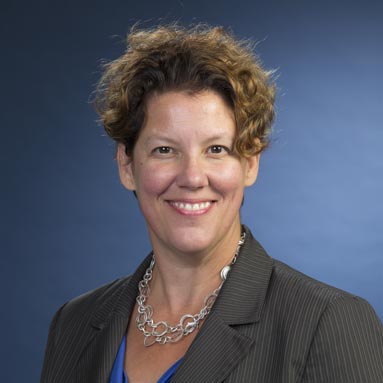

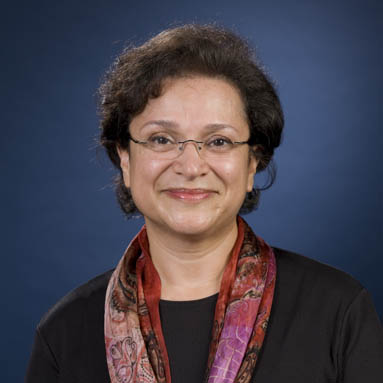
I specialize in user experience and decision-making research, focusing on uncovering the intricacies of human cognition to understand the factors that enhance or impede the effective use of information technologies.
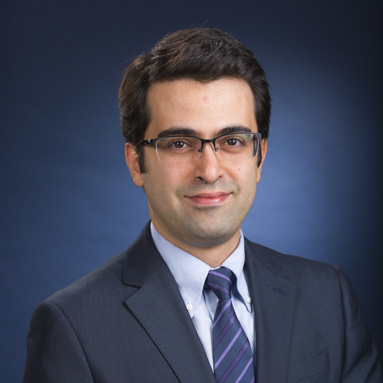






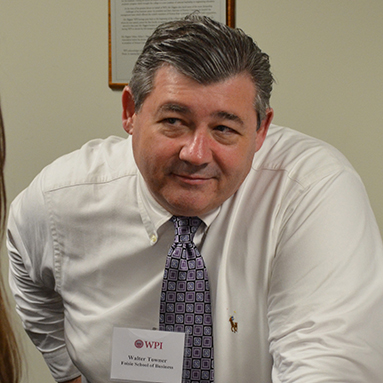

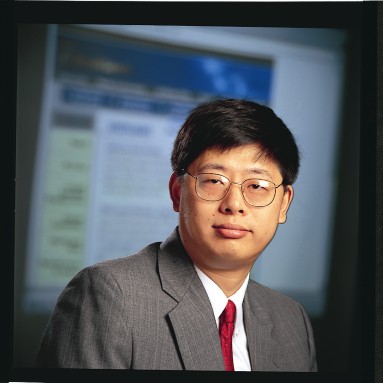




I have been practicing law for 37 years with a concentration in corporate, business and healthcare law. I have been at Mirick, O’Connell, DeMallie Lougee, LLP since 1980. I am currently Of Counsel in the Corporate and Business Department.








I specialize in user experience and decision-making research, focusing on uncovering the intricacies of human cognition to understand the factors that enhance or impede the effective use of information technologies.











